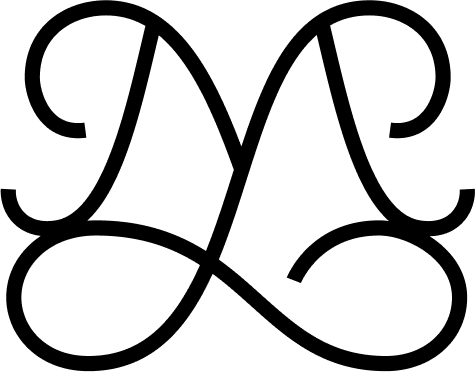The virus of doubt
A frequent trait of entrepreneurs is their desire to change the status quo and solve a problem that deeply frustrates them.
And yet when you look at corporate websites the problem often gets muted - you often need to check the origin story to find what ignited them. We shy away from naming the real challenge, especially if it involves emotions “Let’s just be rational here.”
Instead, the most impactful business stories are the ones that name the problem and let you picture a better solution, a better today, a better world.
In his latest book, Build, Tony Fadell calls this "the virus of doubt” and describes it as “ a way to get into people’s heads, remind them about a daily frustration, get them annoyed about it all over again. [...] You get them angry about how it works now so they can get excited about a new way of doing things”
Fadell reminds us how Steve Jobs used this approach when introducing the first iPhone “The most advanced phones are called smartphones, so they say. And the problem is that they’re not so smart and they’re not so easy to use.”
The good news is that you don’t have to be Steve to do a great job at naming the problem without sounding aggressive or negative.
I have collected some examples across industries that I find powerful.
Challenge the notion of ownership
Credit: Pool (p-o-o-l.xyz/)
Pool is a Berlin start-up seeking to fix fashion’s sustainability problem and shift attitudes away from ownership to the rental of everyday, unisex garments. Their mission statement is the first step to questioning traditional ownership models "Think about it — do you want to own that shirt, or do you just want to wear it?".
Tip: Challenge current business models or purchase habits.
Challenge product design
Credit: Productboard
Productboard offers a product management platform that helps organizations get their products to market, faster. They push their audience to rethink the product design highlighting the cost of suboptimal solutions “Stop leaving product success to chance. Don't waste effort on the wrong bets, costly misalignment, and product mistakes. Prioritize what's critical and align everyone on a product roadmap that will drive real business outcomes.”
Tip: Challenge the cost of inefficiency.
Challenge the tradeoffs we’ve made for the stake of convenience
Credit: Bowery farming
Bowery builds indoor vertical farms that grow flavorful food that’s free of pesticides and pollutants, all while using less water and land. They challenge the way we grow food: “Traditional agriculture’s outsized consumption of natural resources, vulnerability to climate change events and food safety issues, combined with a lack of transparency and understanding, puts enormous pressure on an already strained system. Instead of changing how we grow our food, we’ve changed the food itself. We now design our fruits and vegetables to withstand weather, pesticides, and long-distance travel, all of which diminish the flavor and nutritional vitality our produce is meant to have.
Tip: Challenge the value of convenience.
Challenge the inevitability of burnout
Credit: 1440 Multiversity
1440 Multiversity is a learning and retreat center located in Scotts Valley, California, USA, founded by Joanie and Scott Kriens to “establish a beautiful and nurturing destination where people and organizations could gather in community to explore, learn, reflect, connect and re-energize”. It's named after the number of minutes in a day, symbolizing the idea of utilizing each day for personal growth, learning, and mindfulness.
Their retreat encourages women to challenge burnout as something unavoidable but instead something we can prepare for and fight back with the right tools: “Women everywhere are feeling stuck, burnt out, and overwhelmed – we know it's time to try something different, but we're often missing the tools and support needed to create meaningful change.”
Tip: Challenge traditional behaviors and offer new tools.
How will you leverage the virus of doubt to challenge the status quo in your industry?





